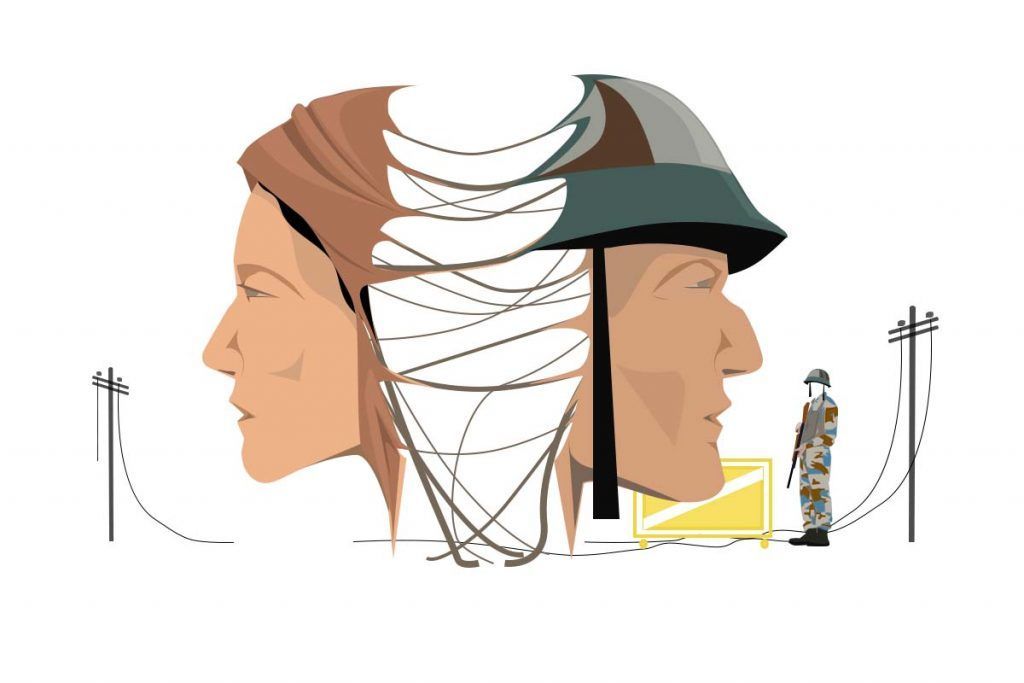There is a peculiar episode from Gabriel Garcia Marquez’s years as a journalist for El Espectador. A correspondent had cabled in reports of fighting taking place in Quibidó. Upon reaching the town, Marquez and his photographer were disappointed to find that the news was a hoax. The correspondent cabled in the report to protest the uneventful nature of his town and how ‘nothing ever happened’ there. It’s an incident of a near-metafictional miracle considering how Marquez echoes the same line …
Do You See Us Now? One Hundred Years Of Solitude And Post Article-370 Ladakh.Read More »
Interested in non-clickbait content? Become a member today.
You'll get access to:
- All content
- Comic Books
- Personalized cartoons
- Member credits in our videos and much more!
Become a member
Already a member? Log In


